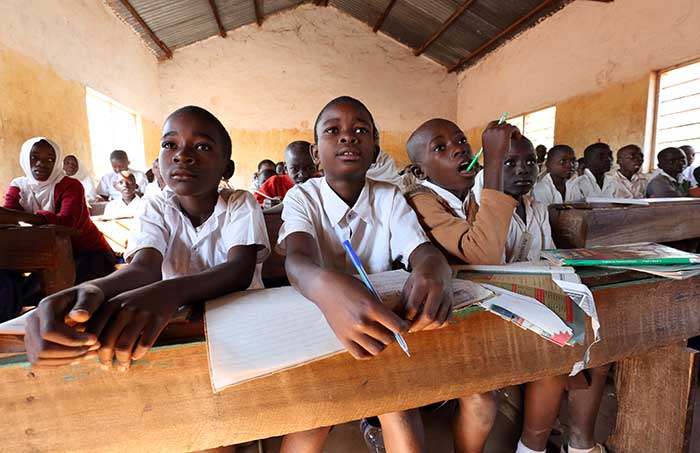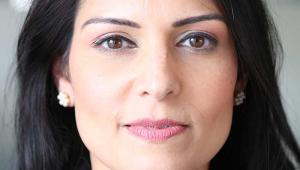In a letter to Priti Patel, the international development secretary, MPs pointed out that the UK spends less on education than on other key areas despite its contribution to life chances, health, economic development and the prevention of conflict.
While the benefits of providing education are widely recognised, the sector does not seem to be a priority for the aid sector globally, especially amid increasing levels of conflict and natural disasters.
Aid funding for education is in decline, and has fallen well below spending on health, government and civil society and infrastructure. Average expenditure per child in low- and middle-income countries through aid is less than $10 per year.
It is estimated more than double the current expenditure on education from national and donor governments and the private sector ($1.2tn to $3tn) will be needed to meet ambitions on improving education worldwide.
MPs noted that Dfid spends just around £526.2m ($678m) per year on education – just over 8% of a £12bn budget – and that the UK government had been unable to reassure them this would not be cut in future.
Stephen Twigg, chair of the UK’s International Development Select Committee, who wrote the letter on behalf of the group’s MPs, stressed that the UK needs to step up to tackle what has become a “global learning crisis”.
“Education has been shamefully neglected by the international community and many national governments,” he said. “Currently, we are leaving millions of children behind, deprived of an education.
“We must take action to ensure the most marginalised children can go to school, including the poorest children, those whose lives are torn apart by emergencies, girls, and children with disabilities.”
Education in emergency situations – during conflict or the aftermath of a natural disaster – receives even less funding and attention, sparking fears of a ‘lost generation’ as a result of ongoing fighting in countries like Syria, which has now entered its seventh year of war.
Just 1.8% of all humanitarian aid is spent on education, far short of the global target of 4%.
Humanitarian financing for education has fallen by 41%, despite the need for education funding in emergencies increasing by 21% over the same period.
Patel’s predecessor, Justine Greening, now the UK’s education secretary, made support for schooling overseas a priority. She led Dfid’s involvement in the Education Cannot Wait fund, launched last year, which aims to catalyse investment in the sector and has so far raised $144m.
Since her appointment in 2016, Patel has put greater emphasis on trade, jobs and economic development, however she has maintained Dfid’s commitments to education and reaffirmed its importance.
But MPs stressed she should go further. They called for the proportion of Dfid’s budget spent on education to increase by 10% and either produce a wholly new or refreshed strategy clarifying how the department intends to tackle the “global learning crisis”.
A Dfid spokeswoman stressed that the UK is a "global leader in education", spending 9.1% of its total overseas aid between 2011 and 2015 in the area.
"Our commitment to providing the world’s most vulnerable young people with access to school is evident in our results: we are proud to have supported over 11 million children in primary and lower secondary education from 2011-2015, including over 5.3 million girls."














